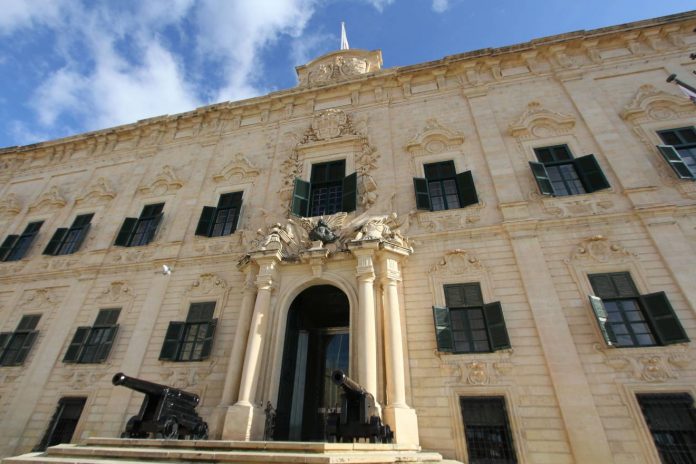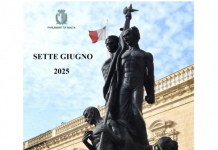The Government takes note of the draft Country Specific recommendations and Country Report, issued by the European Commission, which highlight the achievements obtained together with the remaining and emerging challenges.
It is particularly positive that the European Commission notes that Malta’s economy will continue to outperform other Member States in 2024 and 2025. This growth is expected to be driven by net exports and private consumption. Another strong economic indicator confirmed in the report is that Malta’s labour market is performing well with an employment growth rate that is exceeding the EU average.
Similarly, the fact that the rate of inflation is projected to be halved by 2025 confirms that the Government’s policies to promote price stability when it comes to basic necessities are bearing the desired results. With regard to the fiscal challenges, the improvement in the deficit-to-GDP ratio will continue in the coming years, with a planned fiscal reduction of 0.5% annually, ensuring it falls below 3% over the next four years, in line with the agreed Economic Governance Framework.
The Government remains committed to effectively implementing the Recovery and Resilience Plan, including the REPowerEU Chapter, and the Cohesion policy programmes. The implementation of this plan will tackle areas addressing the green and digital elements, as well as reforms in other sectors. In addition, various initiatives are being undertaken by the Government to support the green transition. The Government has also launched four new calls for investments in larger renewable energy systems, from 40kW up to 1,000kW and another call for large-scale renewable energy systems exceeding 1,000kW in 2024. The Energy Efficiency and Renewable Energy (EERE) Malta Financial Instrument has been fully implemented and has generated circa €65 million worth of loans to final recipients. A second electrical cable interconnection between Malta and Sicily is planned to be commissioned by the end of 2026.
The Government also strives to enhance education and skills through various policies and initiatives. The New National Education Strategy (2024-2030) outlines the nation’s vision for the education sector and is based on the pillars of wellbeing, growth and empowerment and equity and inclusion. The Government is also implementing the measures outlined in the Basic Skills Strategy and tracking early school leavers.
Over recent years, significant investment has been directed towards improving transportation infrastructure, including both major and urban road networks specifically focusing on the TEN-T roads, the upgrades to the inner-harbour ferry system and the promotion of alternative eco-friendly commuting options. The extension of the free public transport to all, for instance, led to an increase in the usage of this service.
The Country Report also positively notes that the tourism sector has continued to rebound strongly, exceeding pre-pandemic levels and having further growth prospects. The Government remains committed to addressing new and emerging challenges and in implementing effective policies.










